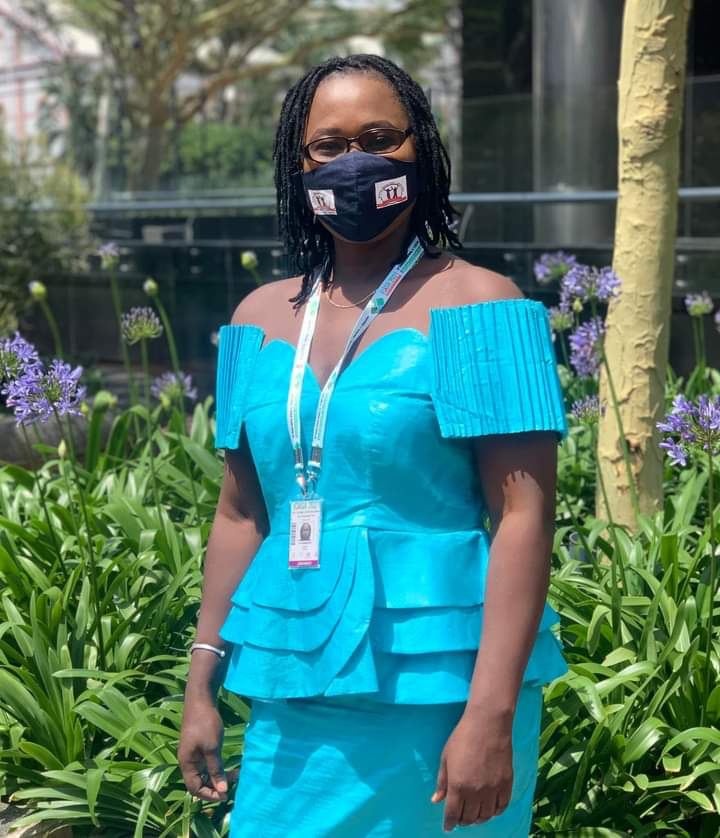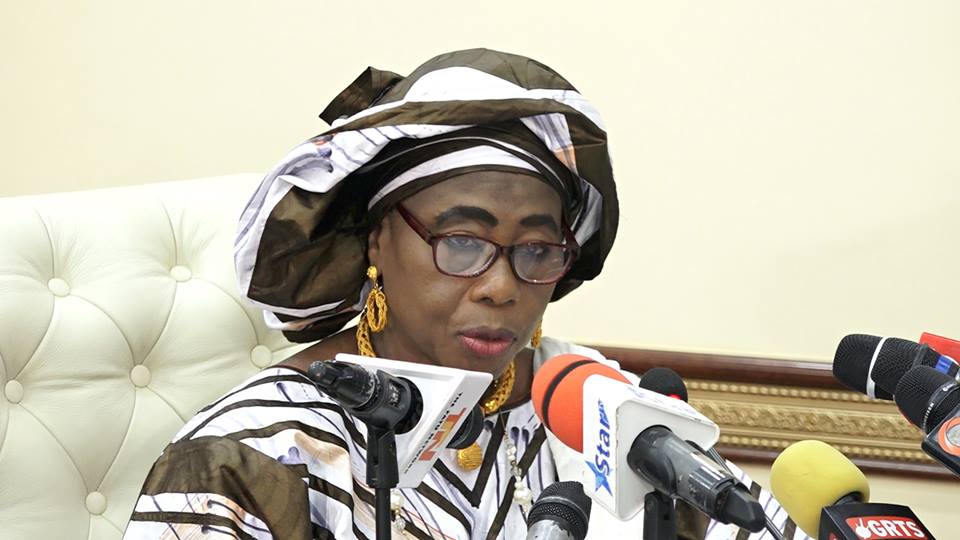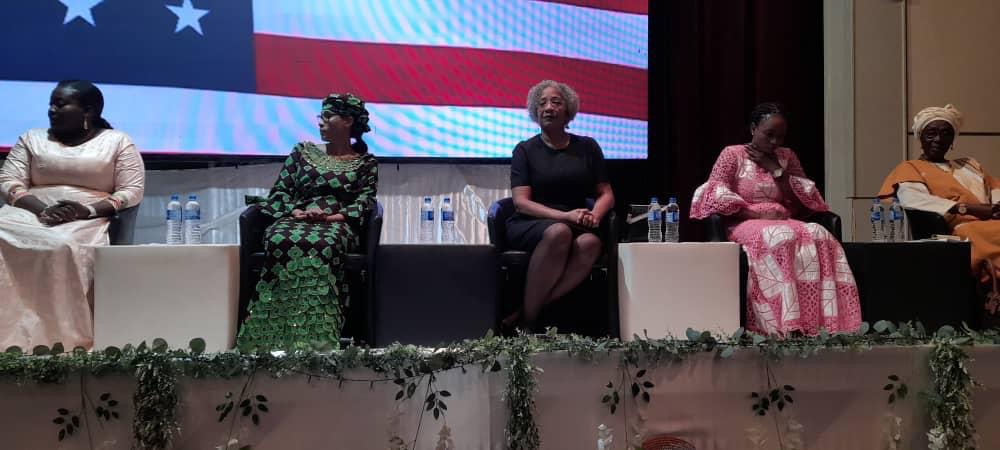By Sainabou Gassama
‘Fantanka’ (Self protection) an organization which aims to address societal challenges that affect access to sexual and reproductive health information and services in The Gambia has revealed in its report that in some parts of the rural area, many young people are sexually active but are not aware of the importance of using contraceptives.
In order to create awareness on family planning and the use of contraceptives to remedy unwanted pregnancy and maternal mortality in rural areas, Fantanka organization has over the years organized sensitisation campaigns at various communities in the rural area. This included the marginalized groups, and also conducting a capacity-building training for health personnel, and Family Planning officials attached to the various communities to boost the sensitization.
The report further showed that the organization has visited Jarra Jappineh in the Lower River Region and interacted with women working on their rice fields; spoke to them about the importance of venturing into Family Planning.
“The activity was aimed at educating people on Sexual and Reproductive Health (SRH), family planning and STIs. A group of 515 young mothers and adolescents participated in the process; while a group of 213 young girls were engaged in closed circles in the said region,” the report stated.
However, it was discovered that there are so many misconceptions, on the usage of contraceptives by unmarried sexually active girls and married women in these regions.
“In Jarra Soma, LRR, the organization engaged young mothers and adolescents, by sensitizing them on the importance of Family Planning and the risk involved in the misuse of contraceptives.”
According to the national statistics of Fantanka, this region has the highest rate of Sexually Transmitted Infections (STIs), mainly because of Transit Points like Soma and Wellingara-Ba Lumo which attract different pedestrians.
The report added that some groups of young women in this Region are of divergent views. Some believe that young girls should not use contraceptives, while others believe it is better to use them than to have an unwanted pregnancy, which may eventually lead to the girl dropping out of school.
“Fantanka team with funding from International Coalition of Sites of Conscience and UNFPA in 2021, conducted a series of Awareness Campaigns on Family planning, and the use of contraceptives in various Regions, in the Rural area, namely: Upper River, North Bank, Lower River Region and Central River Region respectively (URR, CRR, LRR and NBR),” the report indicated.
According to the report, the Students of Tahir Ahmadiyya Senior Secondary School, were also visited. Thousands of students were sensitized on their Sexual and Reproductive Health Rights, use of contraceptives, Sexual abuse and Gender Based Violence. Similar messages were disseminated in Kiang Kwinella and Pakalinding.
In the report, health personnel revealed that diseases like fistulas are affecting some women because of early marriage.
Moreover, the importance of abstinence was emphasized and the parents were asked to advise their children to abstain from sex and other sexual activities.
It also stated further in the report that once a child is engaged in sexual activities, it is best for her to use contraceptives to avoid unwanted/unplanned pregnancy since it will be difficult for her to quit. This will help her remain in school longer to reach her potentials and contribute to national productivity.
Mothers were also advised to use contraceptives, to avoid short birth spacing, which is one of the causes for maternal mortality.
Official further highlighted in the report that misconceptions were raised with regards to the use of contraceptives. Some of them claimed that the use of contraceptives results in excessive bleeding and sometimes causes damage to the womb. Fantanka cleared those misconceptions and advised them to return to the hospital, if they experience any irregular bleeding. From the discussions, it was also understood that some were taking the oral contraceptives wrongly.
Report has shown that in most of these communities in CRR and URR, an average number of the people had never seen the female condom before; it was shown to them by Fantanka during the sensitization campaign.
However, Boys also expressed their difficulties in getting access to condoms. According to the report, boys in this regions revealed to the organization that they used to wash and reuse the condoms given to them.
Claiming that condoms are not available to them and if they go to the pharmacy to get a condom, they would normally be told by the pharmacist that, they are too young or be judged by them.
However, the July report indicated that the organization provided trainings on Sexual and Reproductive Health Rights, for persons living with disabilities in the Greater Banjul Area. They were also enlightened on the importance of using contraceptives.
The report revealed that a hard of hearing participant disclosed to the team that, people with disabilities always experience discrimination; adding that she had an unwanted pregnancy because the nurse did not explain to her how to use contraceptives properly. She claimed that the hospitals do not have sign language interpreters and she couldn’t understand the English alphabet either.




